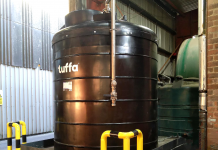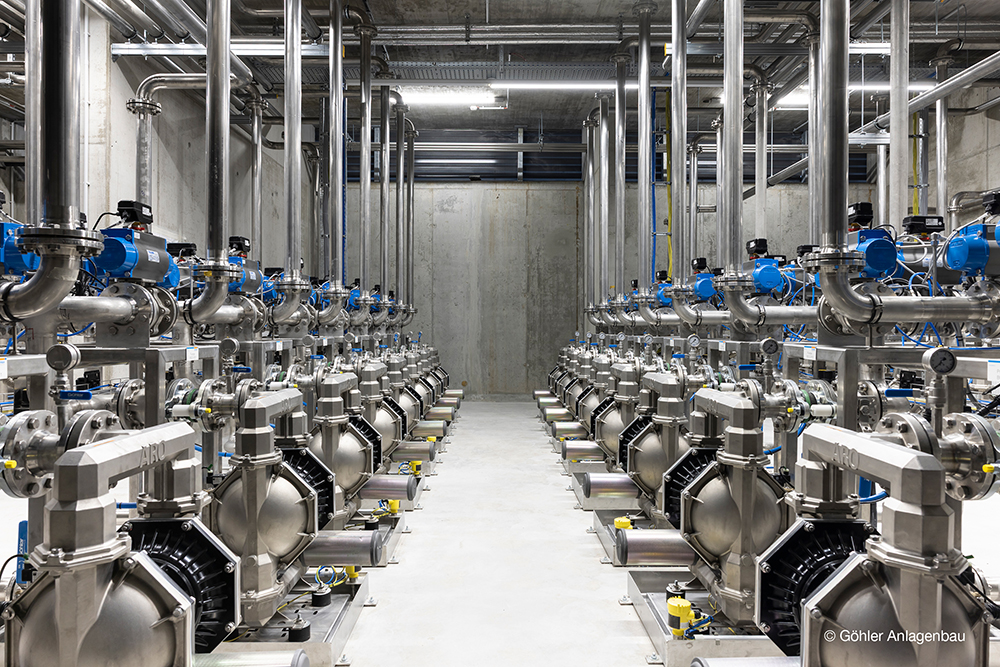Exolum will be the first company in the world to physically transport and store hydrogen through Liquid Organic Hydrogen Carriers (LOHCs) in commercial-scale, repurposed oil pipeline and tank storage infrastructure.
Backed by £505,000 in UK government funding, Exolum and partners is testing the innovative new service at its Immingham terminal in the Humber region.
Commercial-scale volumes of hydrogen – in liquid form as LOHCs – will be physically transported and stored in Exolum’s existing infrastructure, with testing to confirm compatibility.
Organic liquid hydrogen carriers (LOHCs) are oil-like compounds that can absorb and release hydrogen through chemical reactions, making them suitable for use as a storage and transport medium for hydrogen.
Previous projects have technically proven the processes required to attach and release hydrogen from LOHCs. This project aims to demonstrate the only step in the LOHC process which has yet to be technically proven and demonstrated – its transport and storage in existing repurposed oil infrastructure.
It’s regarded as a major milestone in the company’s decarbonisation and diversification strategy, including promoting the development of hydrogen as an energy vector.
The project represents a wider roll-out across the Exolum network, offering a new bulk hydrogen storage and logistics service to the hydrogen sector ahead of alternative options.
The project is expected to be completed by the end of 2024 and will store and transport 400 cubic metres of LOHC, carrying around 20,000 kg of hydrogen (enough to drive a hydrogen passenger car around 2 million km), between the Immingham East and Immingham West facilities via a 1.5 km pipeline. Laboratory testing will take place to confirm that LOHC quality is maintained.
Exolum’s infrastructure can already store and distribute multiple liquid products, and the company regards this venture as scalable and adaptable to market demand.
Project partner is engineering consultancy Axiom, who will design and manage the laboratory testing.
Technology and innovation lead Felix Gomez said, “At Exolum we are constantly working to accelerate the energy transition through the development of new logistics solutions for the energy carriers of the future. This project is a clear example of this and highlights the high potential of using existing energy infrastructure for new energy carriers.”
‘Exolum has one of the most efficient and modern logistics system in the world, so its possibilities of use in the new energy transition scenario are highly realistic and have the potential to be game-changing,’ added Andres Suarez, global strategy and growth lead.
Exolum is building a green hydrogen production plant and refuelling station at its Riverside terminal, in Stockton-on-Tees, and has also acquired 50% of a top ammonia and NGL storage facility in Houston, USA, which is developing advanced low-carbon ammonia production and export projects.










